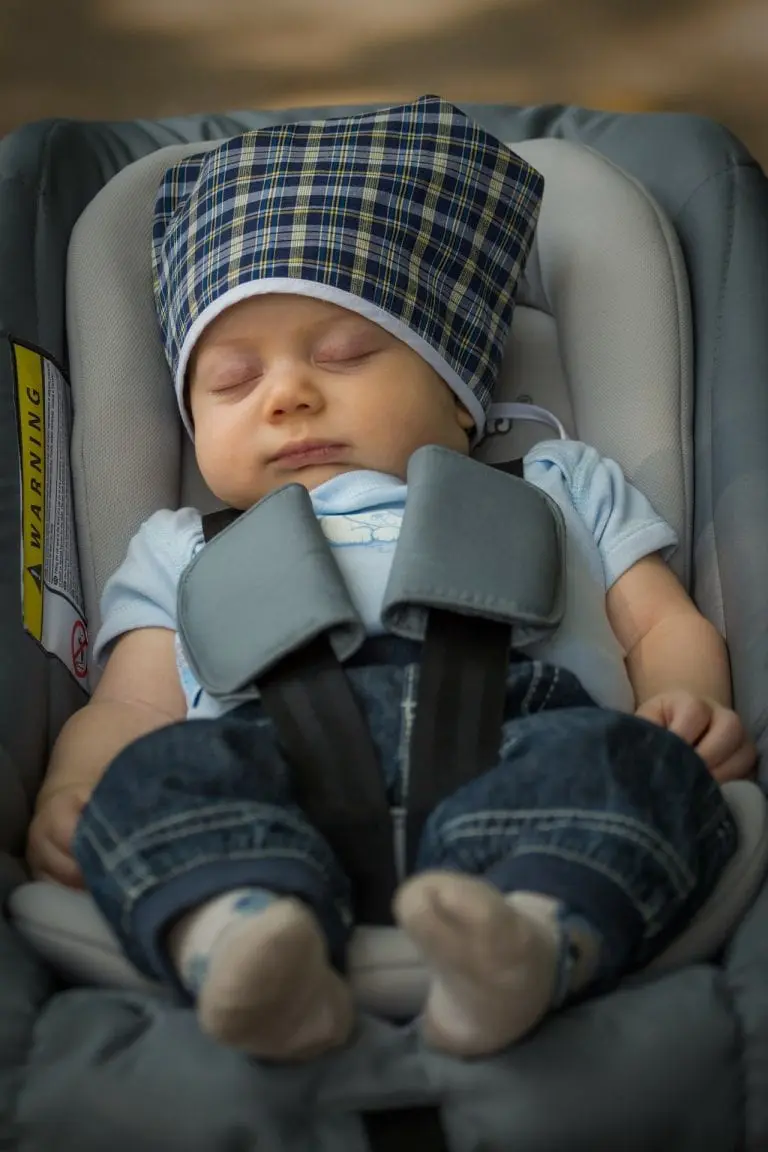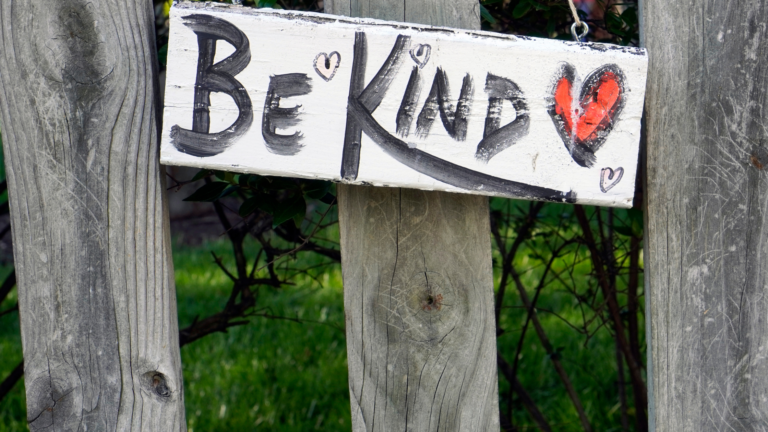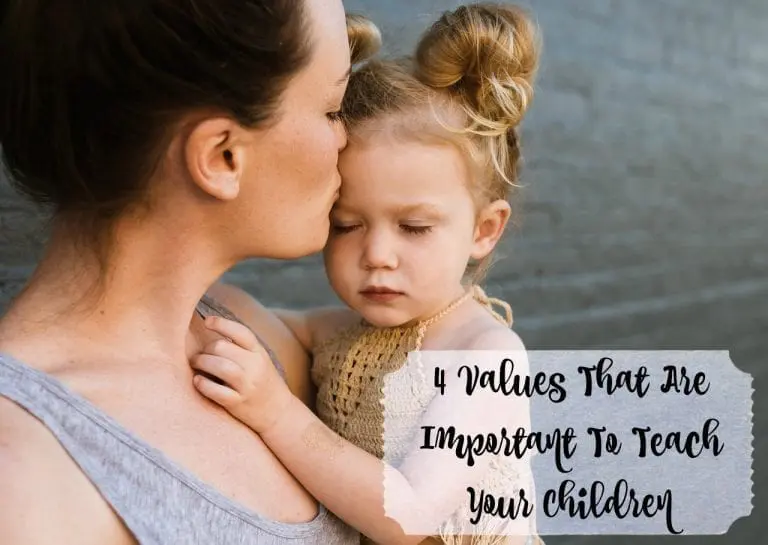How to Prepare Your Child For Childcare

It brings excitement for us parents to send our children to school for the first time. The moment they spend the time to be cared for by someone else is such a big day for us. At the same time, preparing for this transition is a very important step. Sending our children to a childcare Cambridge isn’t as easy as you think.
Children often start at an early learning facility with very little experiences being cared for by anyone. Thus, it’s only reasonable to expect a level of separation anxiety while they settle in. Children of any age can experience anxiety while at a childcare Cambridge. That’s because of a change of service or shifting schedule of the staff.
It’s just like the anxiety we experience on the first day of our new job. Children take time to form bonds and feel comfortable with a group of children and adults. They also take time to adjust to a new environment and routines. But there are things we, parents, can do to help so they can be prepared for this new stage.
8 Ways to Prepare Your Child For Childcare
1. Choose the right childcare Cambridge service for your family. The first step to ease your child’s transition is to choose the best option within your local area. You’ll be more comfortable sending your child off if you chose the right option. You’ll also be more confident that your child is in good hands.There are several things to consider when choosing the right childcare facility:
- Safety and Security – You should prioritize your child’s safety and security. Check the building and the equipment to see if they’re in good repair. Also, check if a security system is set up. It’s important for a childcare facility to only let authorized people in.
- Cleanliness – Cleanliness should never be forgotten when choosing the best childcare facility. The caregivers should lead as an example when it comes to cleanliness and health. They should encourage the children to wash their hands, especially before eating and after using the restroom.
- Warmth and Responsiveness – As parents, we need to make sure that our children are in a loving and kind environment. Somebody should be dedicated to attending to their needs. You can try to observe the interaction between the children and the caregivers/teachers. One thing you should be looking for is respect from the teacher to the children.
- Professionalism – When in doubt, you can check for the qualifications of the teachers and the director. You need to make sure that they have high standards for childcare. It would be better if the teachers have specialized training when it comes to child development. Also, check if they have lesson plans and daily schedules and if they are available for parents to see.
- Welcoming Environment – You should look for an environment where the staff respects your language and home culture. Also, make sure that parents can visit anytime to check how their children are doing.
- Clarity and Communication – Clear communication between you and the staff is very important, too. Are there regular newsletters sent? If not, how do they communicate with parents? There should also be conferences to let parents know about the development of the children. Are there policies and handbooks? If yes, then this is a good sign.
- Well-staffed – The childcare facility should have enough teachers. Our children need to get the attention they need. It’s ideal for teachers to handle up to 4 infants and up to 10 preschoolers. Check for the facility’s staff turn-over rate. If it exceeds 33% annually, then you need to consider a different childcare Cambridge facility.
- Accreditation and Recommendations – Recommendation plays a big role when choosing the right facility. Check if the facility can provide you with references from enrolled families before. Also, check the licensing of the facility. There should be no infraction.
2. Inform your child about the upcoming changes. Doing this will prepare your child for what lies ahead, for them to be less excited or anxious. You can buy them a new bag or lunch box, too! These types of interaction can definitely help you create a bridge between home
3. Make sure to attend the orientation offered by the childcare facility. The goal of orientations is to provide your child with an opportunity to be familiar with the staff, the physical space, the routines, and other children. It’s best to visit the facility a few weeks before they start.
4. Always communicate with the facility. This is a great way to make sure your child gets the best education and care. Both the family and the facility share responsibility for consistent communication about the child.
5. Start developing a morning routine. It will help you and your child to adjust when you start developing a morning routine. It will be easier for your child to start the day calmly. The morning routine includes showering, having breakfast, brushing teeth, combing hair, getting dressed, etc.
6. Don’t show your anxiety to your child. Children are very perceptive so you should acknowledge your anxiety in secret. Try to model a sense of confidence in front of your child. This will help prevent your child from feeling anxious on their first day of school.
7. Feel free to check in to see how your child is doing. As parents, we need to know how our children are doing on their first day. When you pick your child from the facility, ask the staff to know how your child was. They should have a daily record sheet about your child’s day. This information can help you to talk to your child about their day at the facility.
8. Be prepared when your child gets upset. It’s normal for children to cry and throw tantrums on their first day. Here are things you can do when this happens:
- Go into the room and engage your child to an activity. Once children are busy with something, they won’t feel upset anymore.
- You can also leave your child with a staff member. An experienced staff should have techniques on how to support your child when you are gone.
- If your child gets upset when separated from you, then you can consider having another family member to assume the drop off responsibility. Children often get upset when separated from their mom and dad.









